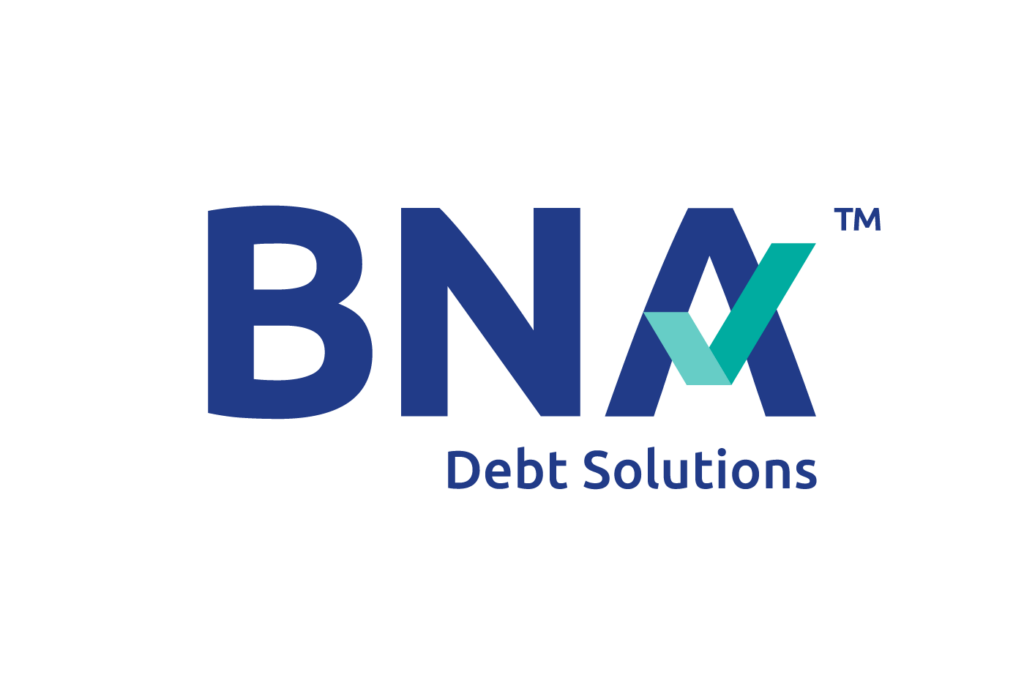Get in Touch: (403) 232-6220

There’s no doubt about it. This has been a challenging year for Albertans. Rising inflation has caused the cost of living to spiral out of control. We’re all paying significantly more for everyday essentials – groceries, gas, utilities, mortgage rates, and rent – yet aren’t seeing wage increases to match the pace of inflation.
With the 2023 tax season fast approaching, some Albertans are worried about their ability to pay the Canada Revenue Agency (CRA) what they owe.
If you anticipate concerns about your ability to pay your 2022 personal tax balance, you’re not alone. Here is what you need to know.
You can probably relax if you work for a company that automatically takes money off your paycheck to cover your federal income tax.
This is called a source deduction. You should be fine as long as your payroll department deducts enough to cover your taxes. In many cases, you may even be eligible for a refund! If you work at more than one job at a time, often you need to have additional tax deducted at source to cover your taxes.
However, the concern is real for those who are self-employed, work on contract, or who choose not to have source deductions.
It is also a potential worry for those who may have received capital gains in 2022 but didn’t set enough money aside to cover taxes. (For example, on the sale of property that is not considered a primary residence).
The deadline for filing 2022 taxes with CRA is May 1st, 2023. If you owe taxes, you must file by April 30th, 2023, and pay the outstanding balance at that time. To avoid any last-minute rushes and potential errors, it’s recommended to have your taxes prepared and filed well in advance of the deadline.
The decision to not file a tax return – or to delay paying any taxes owed – is the number one reason people can get into debt with CRA. Here’s why:
If you owe CRA money and pay after the submission date, you will be charged compound interest – starting on May 1st. The interest rate is adjusted to the prime interest rate quarterly.
You will also be charged a late filing penalty.
The late filing penalty is 5% of your 2022 balance owing, PLUS an additional 1% for each month after that where payment is not received. And if you’ve received a formal demand to repay taxes dating back to 2019, the penalty can jump to 10% and 2% per additional month.
As you can see, the interest and penalties can quickly balloon if you don’t take steps to pay it off quickly.
If you’re facing significant personal debt (where you owe thousands of dollars and can’t manage your payments), you may need to enroll in a debt repayment plan.
Read: Choosing the Right Debt Repayment Plan in Alberta
These programs can combine all your unsecured debt into a single settlement/repayment plan. Examples include credit card balances, personal loans/lines of credit, payday loans, and that outstanding CRA debt.
Only debt repayment plans administered by a Licensed Insolvency Trustee or Money Mentors can be structured to include CRA debt.
Four programs fall under this category: Consumer Proposal, Personal Bankruptcy, Division I Proposal, and Orderly Payment of Debts (Money Mentors)
Which debt repayment programs cover CRA tax debt?
Unfortunately, other programs such as Debt Management Program (Credit Counselling Society) are not authorized to include tax debt as part of their service offerings.
If you think you will owe money to Canada Revenue Agency for your 2022 Federal Income Tax, don’t leave things to the last moment. Whether you file yourself or go to a professional, start early, so you know how much you owe. This will give you time to set money aside, secure a loan, or consult with a Licensed Insolvency Trustee if required.
If you’re nervous, you can always talk to a licensed insolvency trustee before filing your taxes

Short Answer Legally you must owe at least $1,000.00 meets the qualification for a consumer proposal but practically, we would never let anyone file a

Short Answer You can apply for credit while in a consumer proposal but probably won’t be approved unless it is secured by a prepaid balance.

Short Answer Legally there is nothing that would not allow you to buy a house while in a consumer proposal, however you may have difficulty
